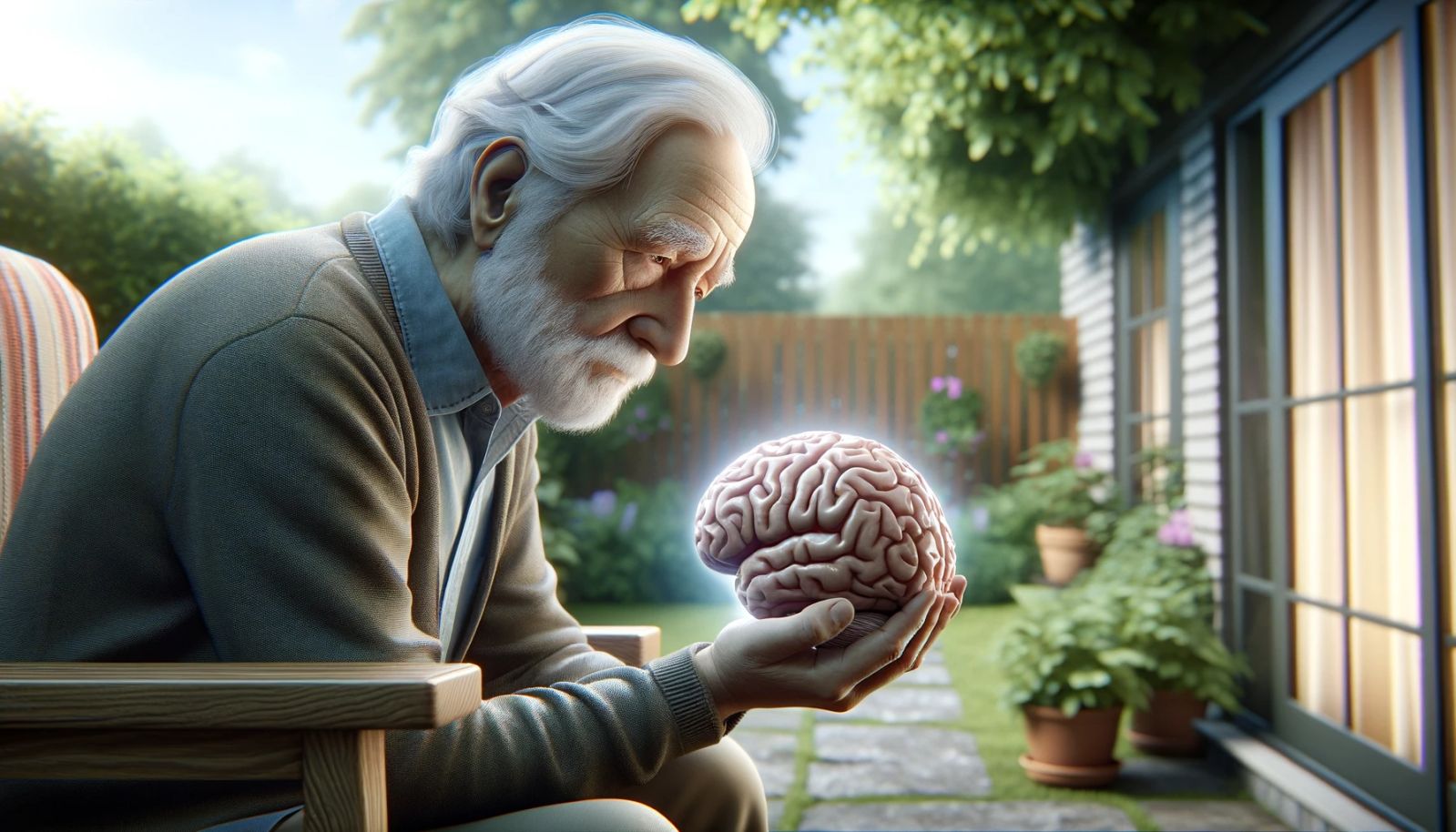Could Alzheimer's Disease Be Transmissible?
Follow us on Google News (click on ☆)

Between 1959 and 1985, children with a growth hormone deficiency were treated with human growth hormone (hGH) extracted from the brains of cadavers. This process, now prohibited, was used in the United Kingdom, the United States, and France, before being replaced by synthetic versions of hGH. The reason for this prohibition? The risk of transmitting Creutzfeldt-Jakob Disease (CJD), a rapid and fatal neurodegenerative condition.
The study in question, conducted by a team from University College London, followed eight individuals who received this treatment in their childhood. Among them, five developed symptoms of early-onset dementia, starting between the ages of 38 and 55. Analysis of proteins in the fluid surrounding their brain and spinal cord revealed signs consistent with Alzheimer's.
What is particularly alarming here is the presence of amyloid-beta pathologies in the brains of these patients, similar to those seen in Alzheimer's. These proteins, acting as "seeds" of the disease, could have been transmitted during the treatment with hGH. However, it is important to note that this form of transmission remains exceptional and does not concern the most common form of Alzheimer's, which affects 90% of patients and generally appears after the age of 60.
The importance of this discovery lies in understanding the mechanisms of transmission of Alzheimer's. Although the risk of transmission through medical procedures is very low, the authors of the study recommend caution in treatments involving human brain tissues.
The study thus opens a new chapter in Alzheimer's research, highlighting the complexity of this disease and the importance of vigilance in medical practices.